What's the meaning of the Oak »
Oak
This page is about the meaning, origin and characteristic of the symbol, emblem, seal, sign, logo or flag: Oak.
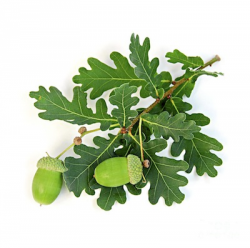
In many parts of ancient Europe, the oak tree was a revered symbol and associated with numerous deities. Besides the tree itself, individual components such as acorns and leaves hold their own unique significance.
To properly understand the symbolism of the oak, we must first examine its physical nature. Oak trees can live to a very advanced age, and the wood derived from them is hard and dense with a strong grain. In these contexts, the oak can be seen as a symbol of longevity, as well as representing strength and power. This physical strength has also given the tree an association with heroism, and the club of the ancient Greek hero Heracles (the more famous ‘Hercules’ is the Roman version of his name) is said to have been made of oak wood.
Among the Celts, groves of oak trees were considered sacred places where worship was carried out. The trees were also strongly associated with the Druids, a revered class of men who combined the roles of priest, lawgiver, teacher and healer in Celtic society. In fact, the Welsh word for oak, “duir”, has a similar etymological root to the word “druid”, further emphasizing the connection between the men and the tree.
Because oak trees have a tendency to attract lightning (due to their size), they have often been associated with thunder gods, including the Greek Zeus, the Norse Thor, the Celtic Donar and the Slavic Perun (the latter also known as Perkons, Perkunas and Percunis). In her capacity as a forest goddess, Artemis was also associated with the oak. Outside of Europe, one location where the oak was also revered was in Japan. There, oaks were symbols of protection and brought good luck. During the New Year, oak branches were placed above the entrances to houses as an appeal to the gods.
In later centuries, the oak tree continued to be an important symbol in parts of Europe, and the tree’s components (mentioned earlier) took on symbolism of their own. During the Victorian Era, for example, acorns became a feature of mourning jewelry. Since these little fruits would one day grow into mighty trees, they symbolized a feeling of rebirth and renewal, no doubt a comfort to the friends and relatives of the departed. The Oak was also adopted as the national tree of many European countries, including England, France, Germany, Moldova, Poland and Lithuania. In the United States, oak leaves took on a military association, where various colors and arrangements of the leaves (sometimes incorporating acorns) can denote rank.
- 3,074 Views
Graphical characteristics:
Asymmetric, Open shape, Colorful, Contains both straight and curved lines, Has no crossing lines.
Categories: Celtic Symbols, Greek Symbols, Plants, Trees, and Flowers, Religious Symbols.
More symbols in Paganism:
Contemporary Paganism, Modern Paganism, or Neopaganism, is an umbrella term referring to a variety of contemporary religious movements, particularly those influenced by or claiming to be derived from… read more »
More symbols in Celtic Symbols:
The Celts (usually pronounced pron.: /ˈkɛlts/ but sometimes /ˈsɛlts/, see pronunciation of Celtic) or Kelts were an ethno-linguistic group of tribal societies in Iron Age and Medieval Europe who spok… read more »

More symbols in Religious Symbols:
Religious symbolism is the use of symbols, including archetypes, acts, artwork, events, or natural phenomena, by a religion. Religions view religious texts, rituals, and works of art as symbols of co… read more »

More symbols in Greek Symbols:
Greek alphabet letters and symbols are used as math and science symbols. read more »
Citation
Use the citation below to add this symbol to your bibliography:
Style:MLAChicagoAPA
"Oak." Symbols.com. STANDS4 LLC, 2024. Web. 27 Jul 2024. <https://www.symbols.com/symbol/oak>.

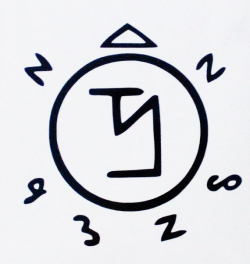
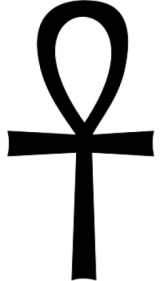

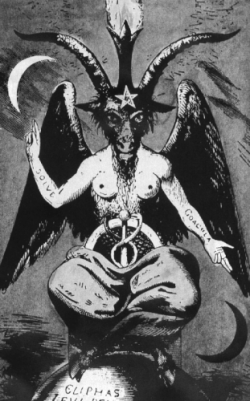







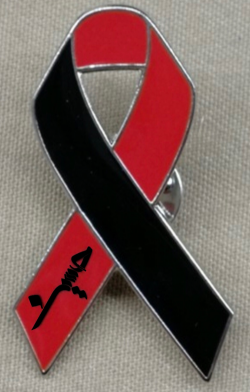



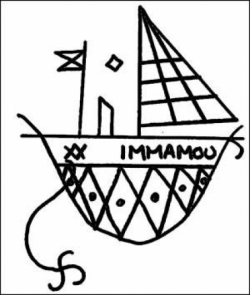
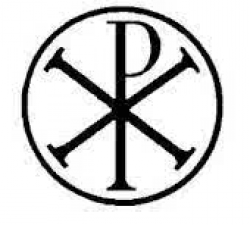


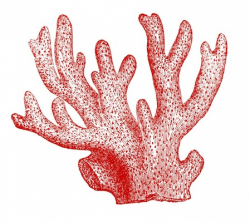

Have a discussion about Oak with the community:
Report Comment
We're doing our best to make sure our content is useful, accurate and safe.
If by any chance you spot an inappropriate comment while navigating through our website please use this form to let us know, and we'll take care of it shortly.
Attachment
You need to be logged in to favorite.
Log In